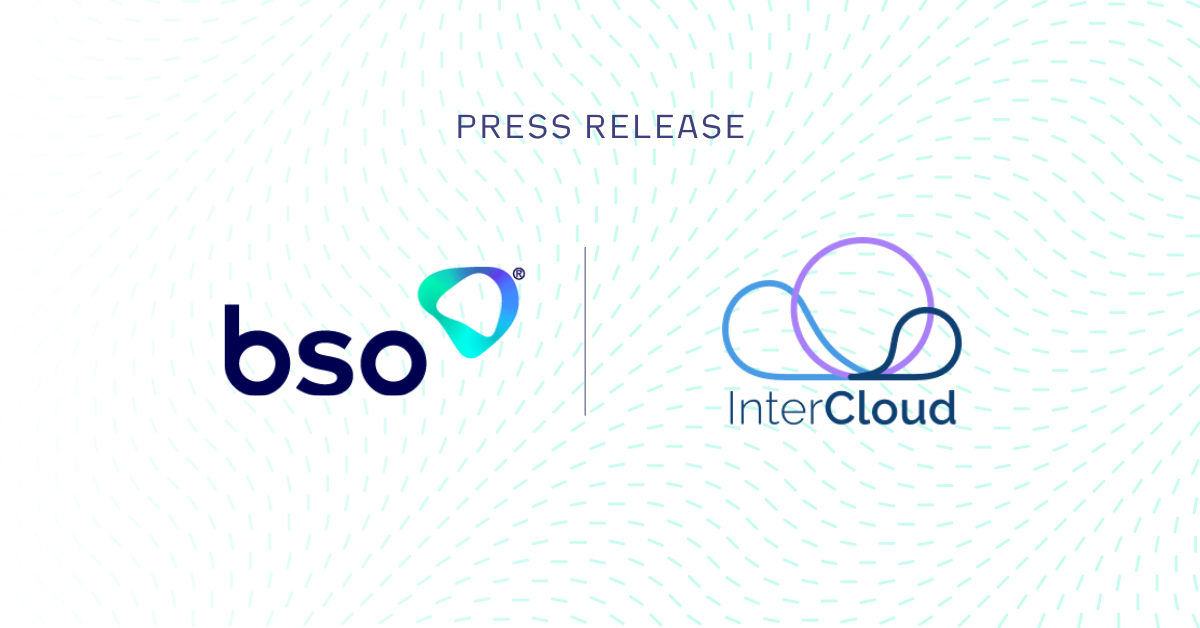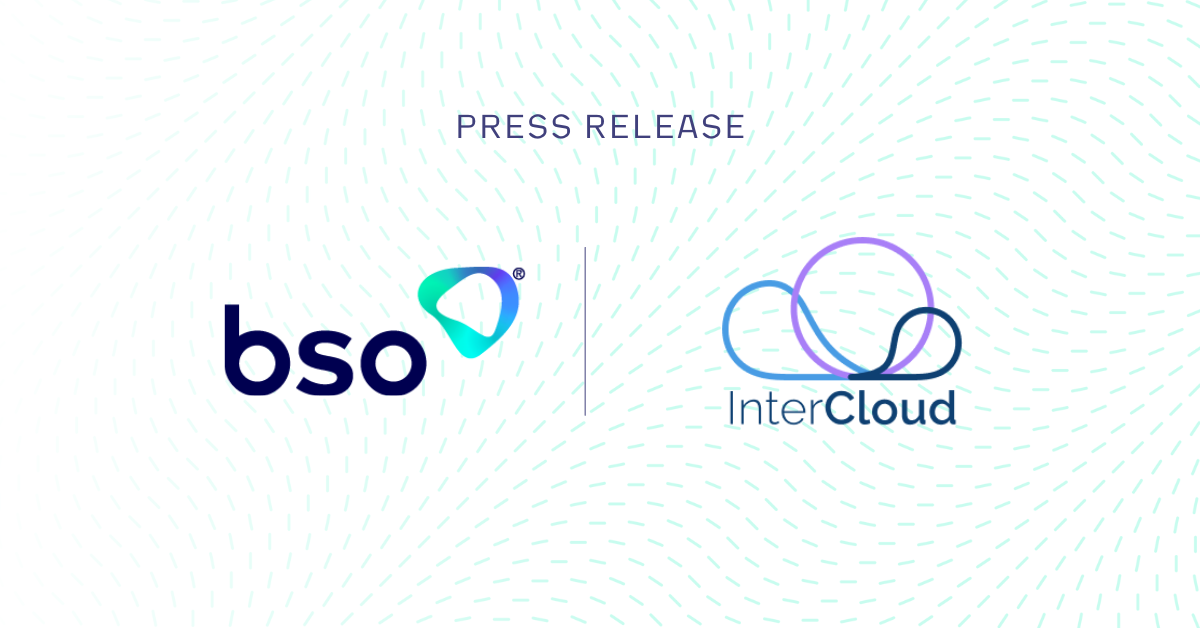
It’s an age-old dilemma – private, public or hybrid cloud? Each environment offers different benefits and the best IT departments have learned how to blend all three for maximum efficiency, cost savings and scalability.
Hybrid cloud has now become a core component of many successful IT strategies – in fact, 74% of enterprises describe their cloud approach in this way. Unsurprisingly then, that the market could reach nearly $100billion by 2023 according to analysts.
The rule of three…
This rapid adoption is a clear case of Goldilocks syndrome.
Public cloud is too open for many applications and services. While it does offer some advantages for smaller organisations, including autoscaling, ease of set-up and global access, most of the time Goldilocks would say it’s “too cold”- and too expensive – to be a long-term viable option.
Private cloud on the other hand is “too hot”, or from a commercial perspective too expensive for businesses to adopt across their application portfolio. Private cloud is typically suited for apps that need a higher degree of security, guaranteed latency and reliability, and cost-effective scaling.
This is why private cloud is prevalent in financial services and other time-critical industries. IT departments can unleash a burst of performance when they need it – the computing equivalent of a ‘dial-it-up-to-11’ button. Granularity in accurate timing is also easier, and security is more advanced.
This leads us onto hybrid cloud, or if Goldilocks were defining your cloud strategy, the “just right” option.
Hybrid cloud is ideal for lower workload apps and non-sensitive data. Its business and technical benefits make it a compelling choice – for example, companies looking to cost-effectively scale their global IT applications without relinquishing too much control.
Do you mean hybrid cloud or something else?
In many cases, when companies talk about their hybrid cloud applications, they are in fact talking about their AWS (Amazon Web Services) deployments.
This is because AWS possesses a huge amount of the market (41.5% of application workloads at last count) and it’s by far the largest player from a revenue perspective ($6.1billion, as noted in Amazon’s Q2 2018 earnings statement).
Amazon’s dominance over Azure and Google Cloud Platform is a direct result of AWS’s consistent application performance.
Amazon was quick to market too, and the company scaled AWS’s global footprint astonishingly quickly. These reasons, coupled with easy integration with private cloud services, are why so many businesses utilise Amazon’s platform.
Even with AWS’s proven service and strong reputation, companies often overlook one crucial component that can make or break their hybrid cloud strategy.
If a business uses AWS Direct Connect (the option to establish a dedicated network connection between your network and Amazon’s POPs) yet the existing infrastructure is unreliable, the company will struggle to deliver its desired benefits and efficiencies.
Instead, complications arise, latency varies, resilience reduces, and compatibility issues arise with other cloud services and delivery methods.
Dedicated gateways enable a truly hybrid solution where high-performance private cloud infrastructure can be combined with multiple public cloud connections in a cost-effective way.
Dedicated gateway services exist to ease this from happening. They simplify new and existing AWS deployments by delivering predictable network performance, a scalable service and an enhanced customer experience.
They also enable a truly hybrid solution where high-performance private cloud infrastructure can be combined with multiple public cloud connections in a cost-effective way.
Companies, therefore, gain the benefits of all three cloud delivery methods with less risk, a lower monthly cost and a diverse global cloud footprint.
Whether connecting a data centre, office or colocation environment to AWS or another hybrid computing provider, it’s important to first analyse how your network will perform, especially before undertaking a large-scale migration project or application deployment.
Let us help you decide which cloud option is just right.
ABOUT BSO
The company was founded in 2004 and serves the world’s largest financial institutions. BSO is a global pioneering infrastructure and connectivity provider, helping over 600 data-intensive businesses across diverse markets, including financial services, technology, energy, e-commerce, media and others. BSO owns and provides mission-critical infrastructure, including network connectivity, cloud solutions, managed services and hosting, that are specific and dedicated to each customer served.
The company’s network comprises 240+ PoPs across 33 markets, 50+ cloud on-ramps, is integrated with all major public cloud providers and connects to 75+ on-net internet exchanges and 30+ stock exchanges. The team of experts works closely with customers in order to create solutions that meet the detailed and specific needs of their business, providing the latency, resilience and security they need regardless of location.
BSO is headquartered in Ireland, and has 11 offices across the globe, including London, New York, Paris, Dubai, Hong Kong and Singapore. Access our website and find out more information: www.bso.co
SALES ENQUIRY
Get in touch now. Find out how we can transform your business_
You might be interested in_
THE BSO DIFFERENCE
The industries we work across_





/Revolutionising-Connectivity%20BSOs-Tailored-Cloud-Solution-for-CryptoStruct-GmbH.png?width=1050&height=550&name=Revolutionising-Connectivity%20BSOs-Tailored-Cloud-Solution-for-CryptoStruct-GmbH.png)
/6%20Cloud%20Best%20Practices%20for%20Financial%20Technology%20Companies.jpg?width=1200&height=600&name=6%20Cloud%20Best%20Practices%20for%20Financial%20Technology%20Companies.jpg)








